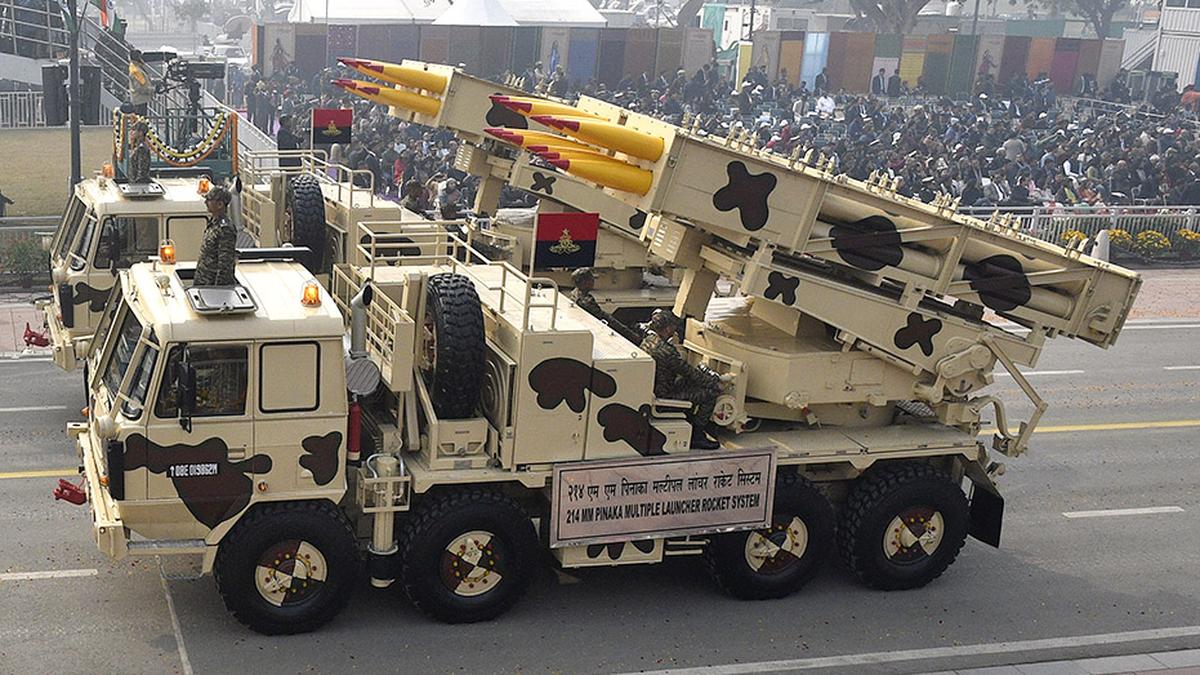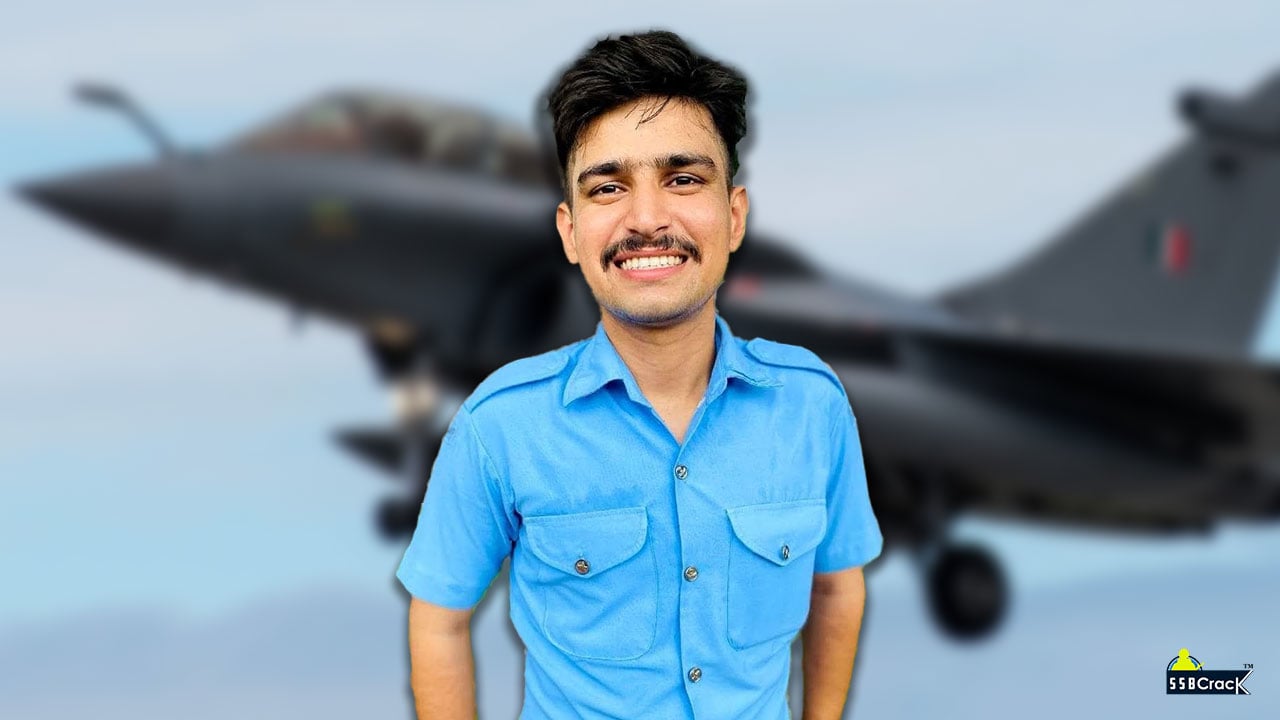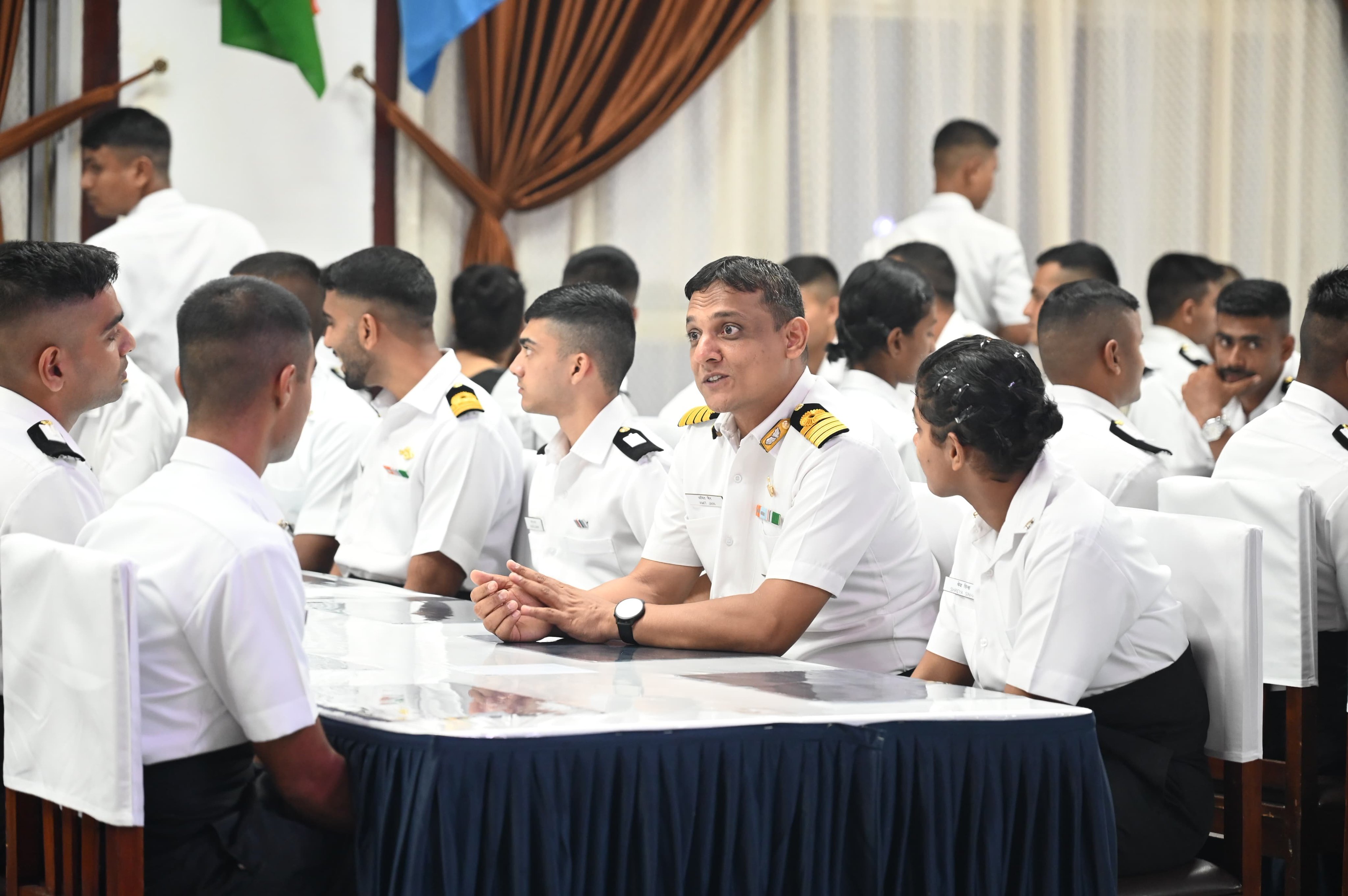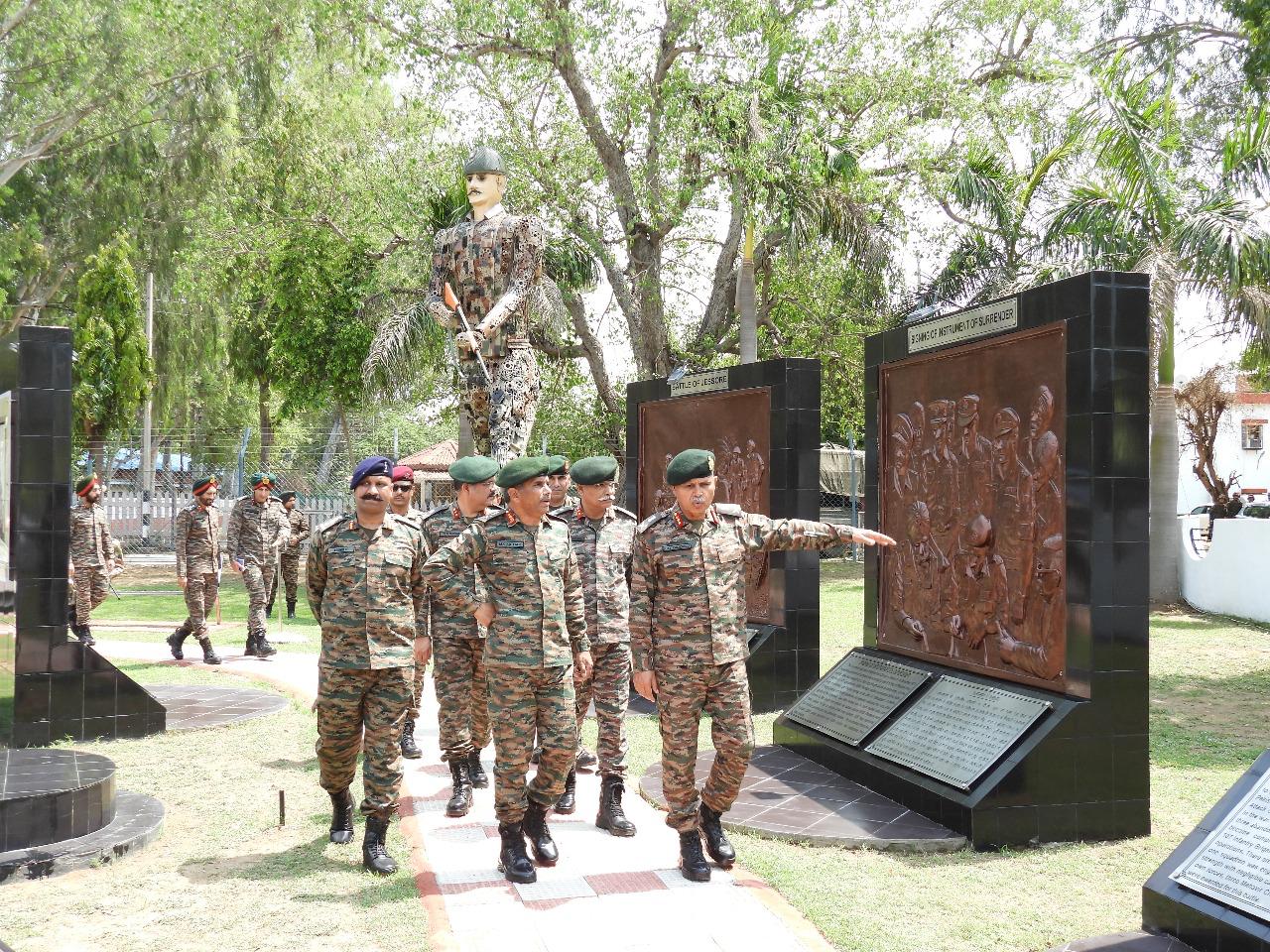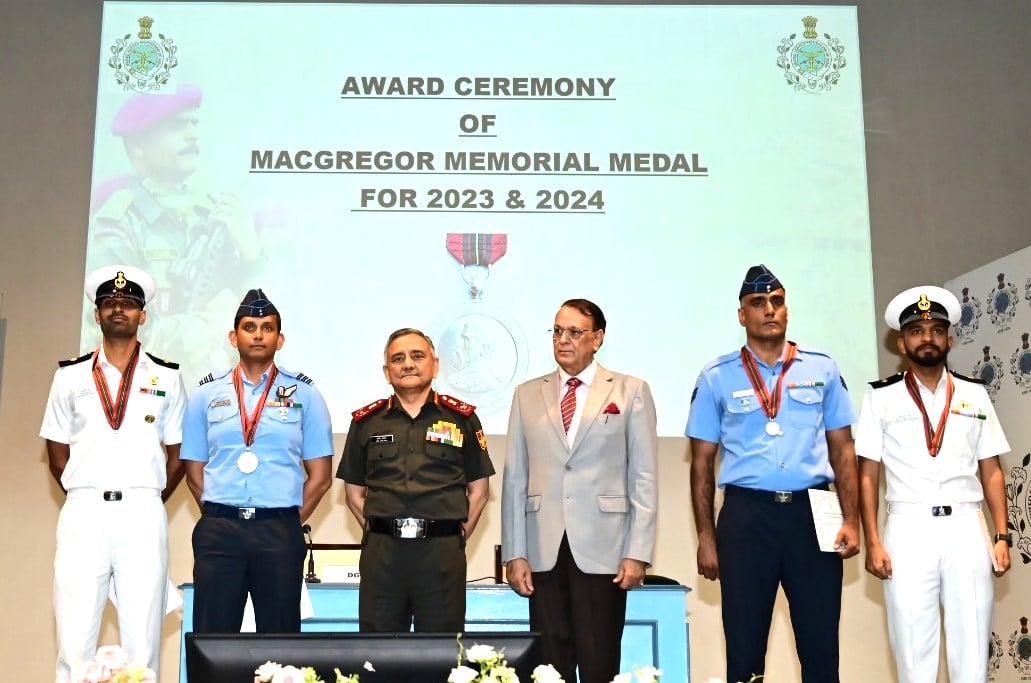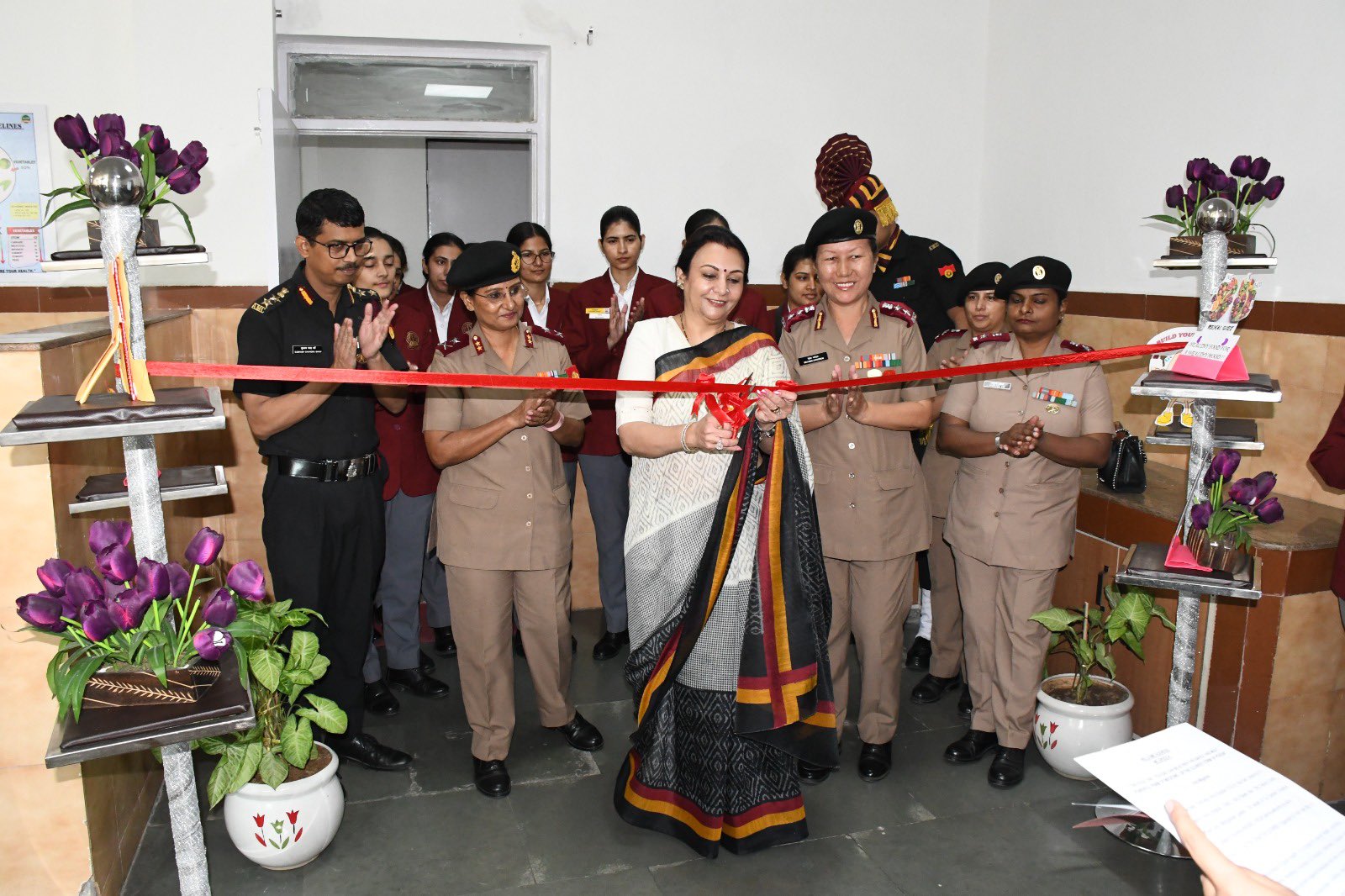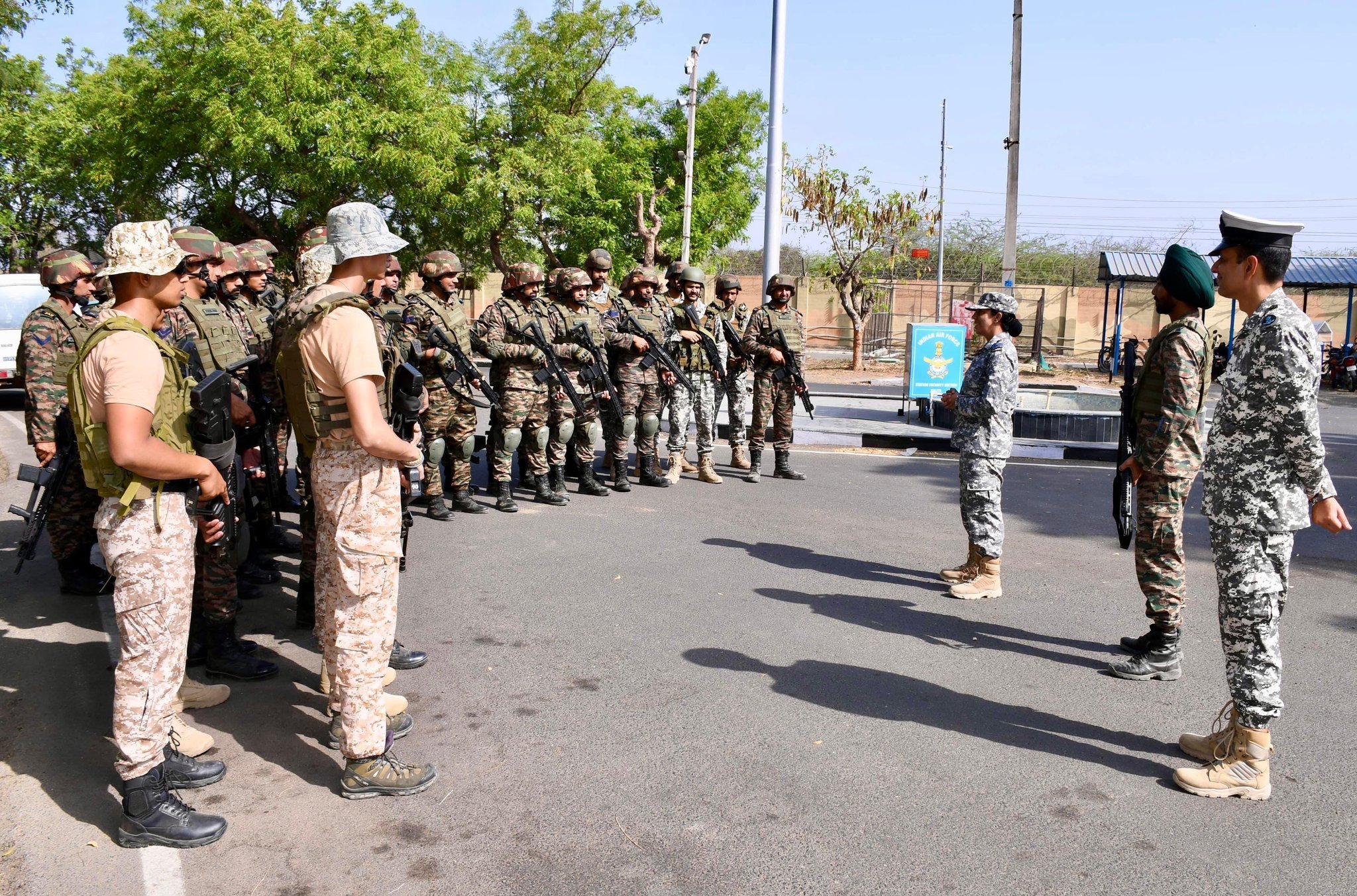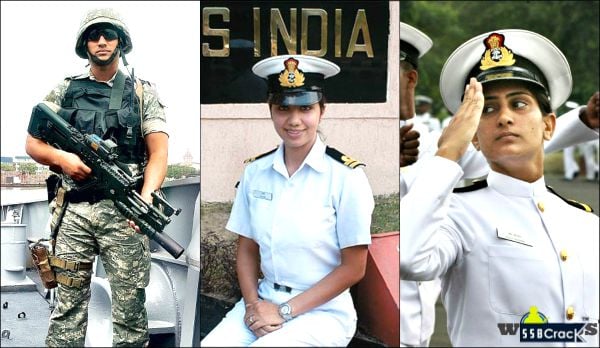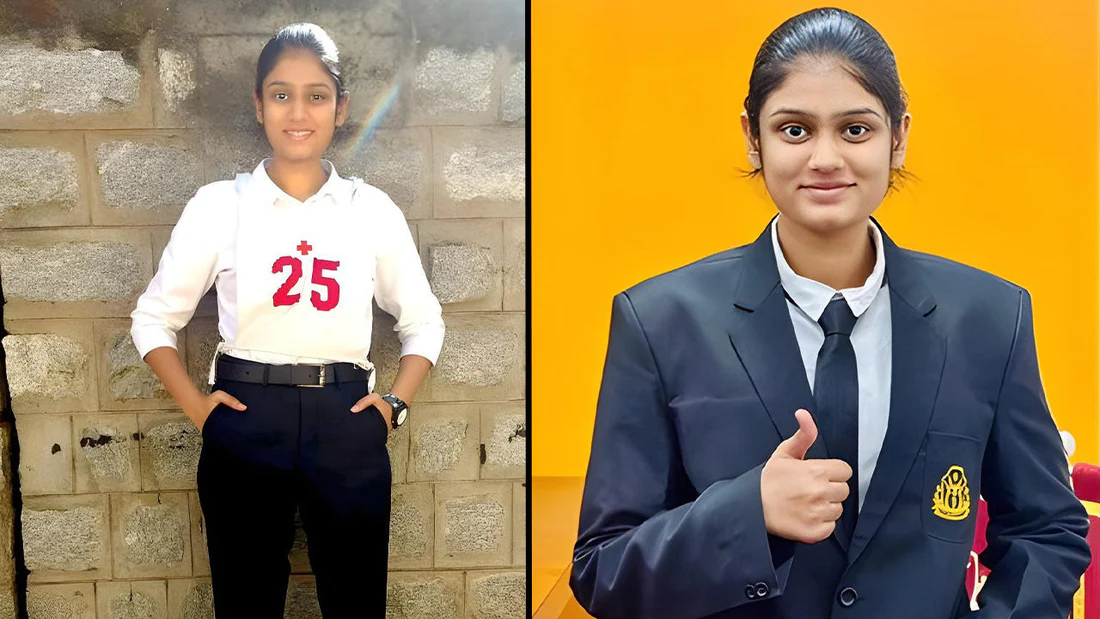During a recent interview, Brigadier General Stephane Richou from the French Army revealed that France is actively considering India’s Pinaka Multi-Barrel Rocket Launcher (MBRL) system to meet its defense needs. In February, Indian officials showcased the Pinaka to the Chief of the French Army, sparking significant interest. Brigadier General Richou indicated that a detailed evaluation of multiple systems, including those from India, is set to take place in the near future.
“Our special mission is poised to visit India in the coming weeks to assess both the launcher and the ammunition of the Pinaka system,” Brig. Gen. Richou stated, underlining the meticulous nature of France’s procurement process which is still in its infancy. He emphasized the importance of the cooperative relationship between India and France, referencing his recent visit to India for the 20th Army to Army staff talks, where he brought a letter from the French Chief of Army inviting the Indian Army Chief to visit France next year.
Richou highlighted that there are numerous avenues for collaboration between the two nations, suggesting that their partnership could rival the established relationships currently seen in Air Force and Navy realms. He noted France’s intention to replace its current M270 Lance-Roquettes Unitaire (LRU) systems, of which 13 upgraded units are in use. In response to the ongoing conflict in Ukraine, France has transferred six of these systems to support Ukrainian forces.
India’s Pinaka has garnered international attention, with Armenia being its first export customer. The Indian Army currently operates four Pinaka regiments and has placed orders for six more. The Pinaka Mk1 has a range of 38 kilometers and is designed to fire various types of ammunition. Future enhancements are underway, with trials for guided extended range rockets reaching their final stages, which could potentially extend its range from 75 km to 120 km, and even up to 300 km.
Despite the less visible nature of land cooperation compared to aerial and naval relationships, Brig. Gen. Richou stressed that the goal is not merely to amplify visibility but to cultivate a robust partnership. He remarked on the alignment of interests that is fortifying ties between the two nations. He also referred to the recent bilateral Army exercise, Shakti, held in Meghalaya in May, noting that the next iteration will concentrate on high-altitude warfare.
The discussions during the staff talks encompassed four primary domains: capability enhancement, education and training, equipment collaboration, and fostering understanding among senior leadership. Addressing the contemporary geopolitical landscape, Richou referred to France’s role in the United Nations Interim Force in Lebanon (UNIFIL), underscoring France’s commitment to upholding international law in a region marked by tensions between Lebanon, Hezbollah, and Israel. He pointed out that India maintains 903 troops within UNIFIL, while France contributes 665.
In addition to defense systems, India and France are progressing towards finalizing negotiations for 26 Rafale-M fighter jets and three more Scorpene-class conventional submarines for the Indian Navy. Conversations are also advancing on a joint initiative for the co-design and co-development of a jet engine intended for India’s Advanced Medium Combat Aircraft project.

